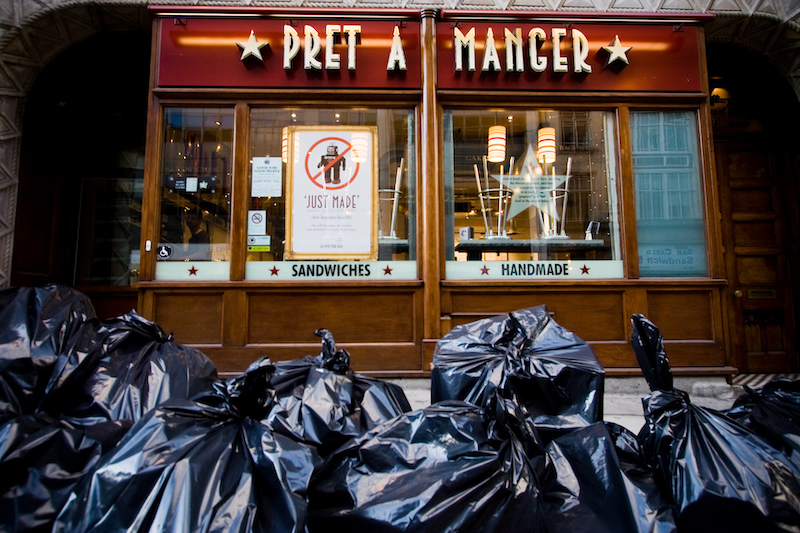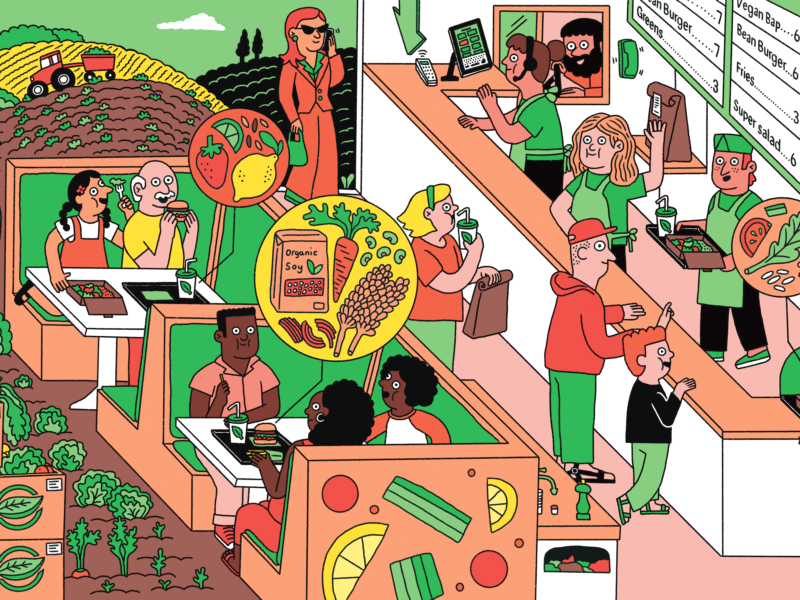The children of California farmworkers are working with research scientists seeking a way to limit their exposure to toxic pesticides; conflict resolution experts and journalists workshop strategies for bringing more nuance to reporting from war zones and election campaigns; and a heartening story about teenage sisters in Bali who led a successful grassroots campaign to ban single use plastic bags
- The children of migrant farmworkers in California have been invited to join a program led by scientists who want to figure out how to minimize the children’s exposure to dangerous pesticides. By including the children, they are setting an example of how to democratize scientific research. Read the story published by Ensia.
- How can journalists make their reporting on conflict and on elections more nuanced? Apparently, a very successful strategy is to bring together journalists and conflict resolution experts to workshop essential questions that “complicate the narrative.” Fascinating report here.
- There is a dearth of affordable housing in American cities, but Austin, Texas, is considering lifting building restrictions in exchange for developers building more affordable units. Next City has the story.
- In order to stop global warming at 1.5 degrees, we need to increase radically our use of sustainable energy sources. Solutions like solar and wind energy require the use of “rare earth metals” like cadmium, neodymium and indium — which must be mined from the earth. Now the issue is: How can we do this sustainably? Here’s a concrete suggestion.
- In Bali teenage sisters led a successful grassroots campaign to ban single-use plastic in 2019. NPR has the story.
- In Europe, teenage girls are calling for strikes to demand action on climate change, and BuzzFeed profiled their heroic efforts.
- Many serious illness associated with poor sanitation can be preempted by providing access to clean water, decreasing the need for over-prescribing antibiotics. The Bureau of Investigative Journalism has the report.



